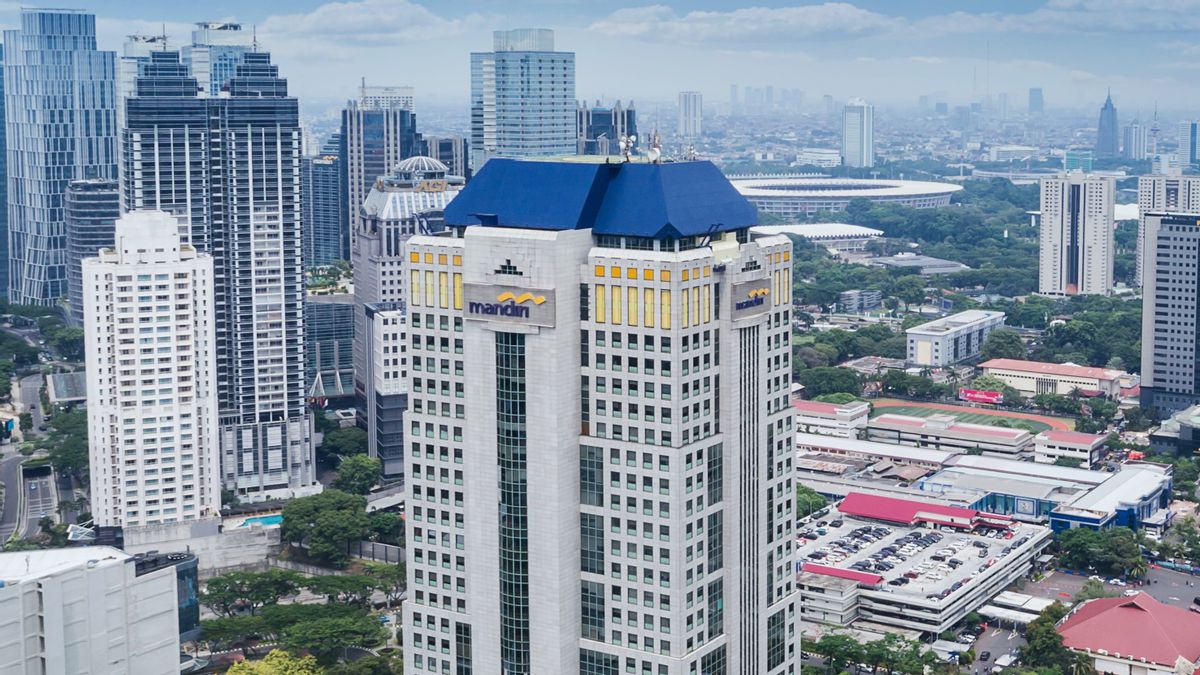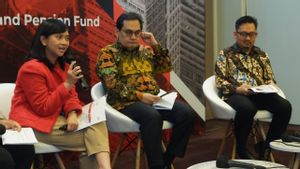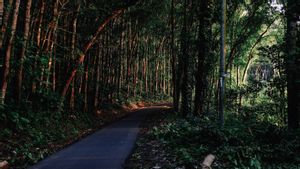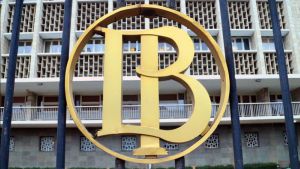JAKARTA - As one of the state-owned banks, Bank Mandiri continues to focus on targeting infrastructure credit distribution to accelerate economic equality in the country.
Bank Mandiri Corporate Banking Director Susana Indah Kris Indriati said this effort was in line with the Government's steps to achieve Indonesia's vision 2045, one of which is focused on fulfilling basic infrastructure, encouraging connectivity and equality between regions.
As a result, Bank Mandiri's infrastructure credit distribution in accordance with the classification in Presidential Regulation (Perpers) 38 of 2015 reached IDR 267.92 trillion as of June 2023. This value grew 7.96 percent year on year (yoy) from the June 2022 position of IDR 248.17 trillion.
This financing is channeled to various sub-sectors such as roads, transportation, oil and gas and renewable energy, electric power, telematics, public housing and city facilities, to construction. The credit disbursed by the bank, which will celebrate its anniversary on October 2 2023, includes the construction of toll roads, airports, ports and railway lines which have been utilized by the community.
"This is Bank Mandiri's work in the last 25 years to consistently be one of the supporters of strengthening the country's infrastructure outside the State Revenue and Expenditure Budget (APBN)," said Susana Indah in Jakarta, Monday 18 September.
Most of the infrastructure credit distribution of the bank codenamed BMRI was distributed to the transportation sub-sector, which jumped 14.85 percent yoy to IDR 68.81 trillion as of June 2023. Then, electric power experienced an increase of 14.33 percent yoy to IDR 48.49 trillion.
Then, disbursement of infrastructure credit for road construction grew 12.54 percent yoy to IDR 47.01 trillion. Also for the telematics sub-sector, it rose 8.53 percent yoy to IDR 30.61 trillion in the first half of 2023.
Susana Indah sees opportunities for the infrastructure sector to continue to increase in the future. Based on research by the Bank Mandiri team, infrastructure spending increased in the 2024 RAPBN by IDR 422.7 trillion or an increase of 5.8 percent from the 2023 APBN outlook of IDR 399.6 trillion. Meanwhile, the direction of infrastructure policy in 2024 will be focused on accelerating infrastructure development and the National Capital City (IKN) as well as supporting new growth centers.
This proves that infrastructure development is still needed as an engine for creating a sustainable economy in the future. Playing its role as a government partner and agent of change, Bank Mandiri believes that infrastructure credit distribution will continue to grow.
VOIR éGALEMENT:
"Therefore, Bank Mandiri will consistently support infrastructure financing from upstream to downstream with relatively complete expertise while still applying the principle of prudence. "Moreover, Bank Mandiri has adequate liquidity to realize 'keep going for a developed Indonesia'," continued Susana Indah.
While singing, Bank Mandiri Chief Economist Andry Asmoro explained that in efforts to encourage economic growth, the infrastructure sector has a large contribution.
"Infrastructure projects have a large multiplier effect on the economy, including creating job opportunities," said Andry.
Based on research results from the Bank Mandiri Economist Team, the economic impact of infrastructure projects prioritized by the government, such as toll road construction, Jabodetabek light rail transit (LRT), Jakarta-Bandung high-speed train, construction of North Bali Airport, Tourism and Industrial Areas with a total project value of IDR 430.0 trillion has the potential to increase gross domestic income (GDP) by IDR 690.5 trillion.
Apart from that, there is the potential to absorb 2.4 million new workers from the construction of various infrastructure projects. Meanwhile, in the medium and long term, infrastructure development can also have a positive impact on derivative industries such as providing electricity and gas, providing food and drink accommodation, transportation and warehousing to the processing and property industries.
The English, Chinese, Japanese, Arabic, and French versions are automatically generated by the AI. So there may still be inaccuracies in translating, please always see Indonesian as our main language. (system supported by DigitalSiber.id)










